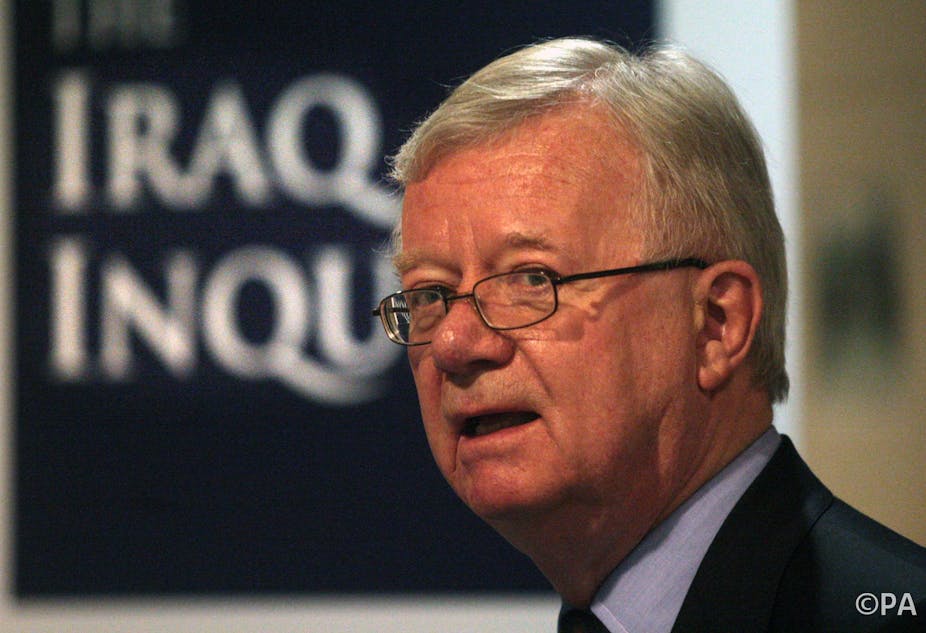The news that the publication of the findings of the official Iraq war inquiry is once again to be delayed has outraged MPs and the families of the soldiers involved. Familiar accusations of a whitewash and concerns over public confidence have already been raised. Now it is not only the content of the Chilcot report that must be questioned but also the delay itself. The continued procrastination undermines the very reason for the inquiry’s existence.
After the vast array of difficulties experienced throughout the Iraq War, the inquiry was set-up with one clear objective: to identify lessons for the future. Since 2009 the UK government has pumped more than £9m of taxpayers’ money into the inquiry in order to identify these lessons.
Yet six years later, these lessons still remain a mystery. And the longer the publication takes, the longer it will take for the government to learn the lessons from the Iraq war. It is now 12 years since the invasion of Iraq and no further to establishing what was learned from the experience.
The challenge for Chilcot
In 2009 Sir John Chilcot and the other members of his inquiry faced a huge task. They were to investigate a highly sensitive subject over a significant period of time. There were a large number of events to consider as well as a vast array of people involved. More than 120 witnesses were interviewed in public during the inquiry and 50 more gave evidence in private. In 2012 Chilcot predicted the final report would weigh in at around a million words long – twice the length of Tolstoy’s epic novel War and Peace.

There were other hurdles too. One of the biggest was negotiating with the Cabinet Office about what could and could not be published from conversations between Tony Blair and George W Bush. It is, therefore, perhaps not surprising that the inquiry has suffered a number of delays and been slower in publication compared to other Iraq-related investigations.
Nonetheless, the last public hearing was conducted in 2011 and since November 2013 the inquiry has been completing a process of “Maxwellisation” – allowing rights of reply by individuals criticised in the provisional report.
However, “Maxwellisation” has proved to be a long and drawn out process and with every day that has gone past without publication opportunities to use relevant lessons have disappeared.
Learning without lessons
While the report has been delayed, decisions have had to be made about global affairs without any input or impact from the Chilcot inquiry. That means decisions about Syria, Libya and, of course Iraq and Islamic State, have had to be taken without the the benefit of lessons from Iraq.
The inquiry is failing to achieve its very raison d’être to
help ensure that, if we face similar situations in future, the government of the day is best equipped to respond to those situations in the most effective manner in the best interests of the country.
The best the inquiry can hope for now is that its report offers such insightful and invaluable lessons, such powerful recommendations, that these failings can be quickly forgotten. That’s if those lessons are ever made public.

